I know there are fans and writers of the science fiction and fantasy genres who read this blog. Today, I wanted to talk about themes that I wish would be explored more often in these genres and pick your brains. If you know of any books that include these themes, come on over to Twitter and tell me about them.
If you don’t know of any stories that fit these descriptions, maybe it’s time for us to start writing them!

Sentient Plants
By far my favourite characters in the Lord of the Rings trilogy were the Ents. I was enthralled by the idea of a tree-like creature being as intelligent as any person, elf, or hobbit. The more I learned about their physiology, the more curious I became about what it would be like to exist in-between the world of plants and the world of mammals.
I’m struggling to think of any other examples of this kind of storytelling in the sci-fi/fantasy genre. Occasionally I’ll read something about an alien or magical plant that’s surprisingly dangerous, but they’re almost never able to carry on a conversation.
It’s hard to imagine what a plant would think about the world around us. How would staying in the same place for your entire life – more or less – while hoping that nothing eats you change the way you thought about everything from family to how dangerous this planet it? Would a plant be surprised by the human concept of war or understanding of it? How would they compare the seeds they dropped every year to how people raise their young?
If I knew more about biology, I’d have written a story about this already. The more I think about it, the more I feel the urge to research it enough to make educated guesses about what such a creature might be like. There is so much scope for the imagination here, as Anne Shirley would say.

A Replacement for Religion
Organized religion is in a rapid decline in western countries. Fewer people are attending religious meetings or labelling themselves as members of a particular faith with every passing generation.
What will western society be like when the majority of people label themselves as Atheist, Agnostic, None, or vaguely spiritual but without loyalty to any particular religion? Western Europe is a few decades ahead of North America in this process, so there are glimpses of what that kind of society will be like.
My question is, what, if anything, is going to replace religion as a widespread cultural understanding that binds a society together? Will it be sports? Pop culture? A rising interest in science? Nationalism? Has the idea itself of having one thing that most of a population grew up experiencing outlived itself?
How would a post-religious society interact with other countries on Earth that tend to be much more devout?
Yes, Star Trek has given us one vision of what this kind of future might look like, but I’d like to see other people’s extrapolations, too. Science fiction in general seems hesitant to explore religious themes in depth unless it was written specifically to proselytize or as part of the Inspirational genre.
I wish this wasn’t so. There are ways to explore people’s relationship to their faith (or lack thereof) without assuming the audience agrees with the character or trying to (de)convert anyone.

Life After Fossil Fuels
Eventually, we’re not going to be able to get enough oil, natural gas, and coal out of the Earth in order to sustain all of the systems that rely on those fuels to keep going. This moment could arrive far sooner than we realize, too.
I’ve read many post-apocalyptic books about people returning to agrarian societies as a direct result of some kind of war or other conflict, but I haven’t read too many that explore what would happen if there wasn’t a single disaster that broke modern society down.
How would you keep communities going after the last drop of gasoline has been used up? What parts of our medical educational, correctional,and municipal systems could adapt to a world that must rely on renewable resources? What parts of them would become luxuries for the wealthy or fade away entirely as resources grew scarce?
I wouldn’t be surprised if most people began working from home in this sort of future. While I think of that as a positive step for society due to the elimination of commutes, the reduction in the spread of communicable diseases, and the increased freedom that comes with having total control over your work environment, only time will tell what negative side effects from that arrangement could be.

Photo credit: Terminator007007007.
Aliens Who Aren’t as Technologically Advanced as Humans
Imagine meeting an alien species that was a few hundred thousand to a few million years behind us.
How would we treat their planet?
How would humans treat them?
If they could talk, would they be better off or worse off than a species that had no idea what was happening to it?
There are hundreds of stories out there about aliens coming to Earth and trying to steal our resources. I wonder why we so often assume they’d be violent, cruel, and greedy. Is that the way we’d treat them? Is it a quietly lingering cultural guilt over how certain groups of people have been terribly mistreated in the past?
Given how difficult it seems to be for life to take hold in the universe in the first place, I wouldn’t be surprised if any alien species we do find out there is closer to the self-awareness of a houseplant or a lizard than to a fellow humanoid.

Crop Circles
I remember hearing all kinds of bizarre stories about crop circles when I was a kid.
Some people were convinced that they were messages from alien races. It was never clear to me what kinds of messages they were or if anyone ever thought they’d decoded them.
Other folks set out to prove that many different types of crop circles could be recreated by humans using simple tools. There have been a few other cases where crop circles were shown to be a natural reaction to archeological remains. When this happens, the same design appears in the field every year because of how those ruins have affected the soil.
For a topic as old and well-known as this one, I’m a little surprised by the fact that I don’t remember reading any sci-fi stories about it at all. This sure seems like it would a topic that could be explored from many different angles, from the extraterrestrial to the paranormal to the bizarre but still completely logical.
How about you? What science fiction and fantasy themes do you wish were more commonplace?

 I have a confession to share with all of you. I’ve barely read any science fiction and fantasy books recently.
I have a confession to share with all of you. I’ve barely read any science fiction and fantasy books recently.
 Last August I blogged about
Last August I blogged about 

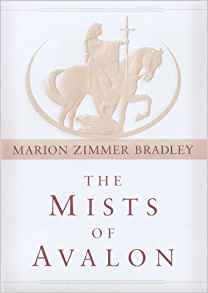
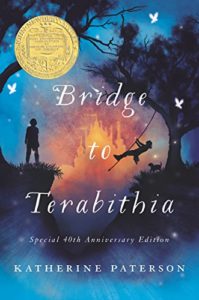


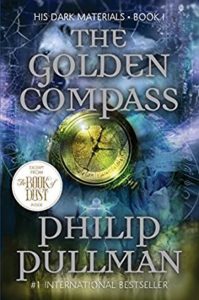



 Last August I blogged about the
Last August I blogged about the 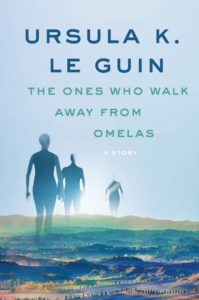


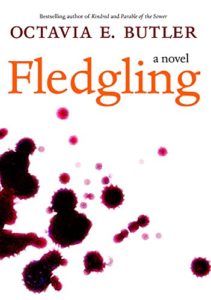





 The Chronicles of Narnia was one of the first series I remember being recommended to me. My generous uncle gave me all seven books in that series at once when I was in elementary school.
The Chronicles of Narnia was one of the first series I remember being recommended to me. My generous uncle gave me all seven books in that series at once when I was in elementary school. There have been times when I’ve recommended books to people who ended up not enjoying those tales at all. In other cases, I’ve had books recommended to me that didn’t quite fit my tastes.
There have been times when I’ve recommended books to people who ended up not enjoying those tales at all. In other cases, I’ve had books recommended to me that didn’t quite fit my tastes.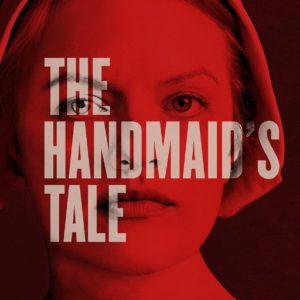 Alexandria Constantinova Szeman published a guest post from me yesterday afternoon. Click on the link below to check it out.
Alexandria Constantinova Szeman published a guest post from me yesterday afternoon. Click on the link below to check it out.





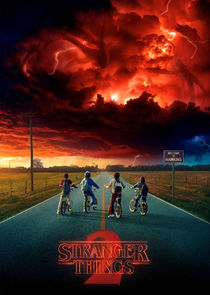

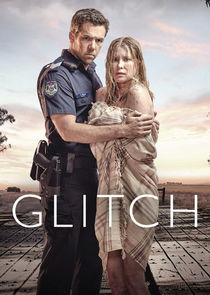


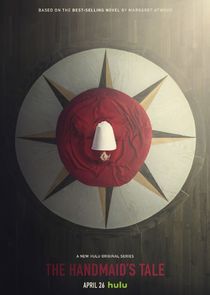


 I feel a few feathers ruffling already out there in cyberspace, so let me explain.
I feel a few feathers ruffling already out there in cyberspace, so let me explain. Not All Love is Romantic
Not All Love is Romantic I’m starting a new series of posts on this blog today about who you should follow if you’re new to Twitter and want to dip your toes into specific communities there.
I’m starting a new series of posts on this blog today about who you should follow if you’re new to Twitter and want to dip your toes into specific communities there. @PlioceneBloke
@PlioceneBloke